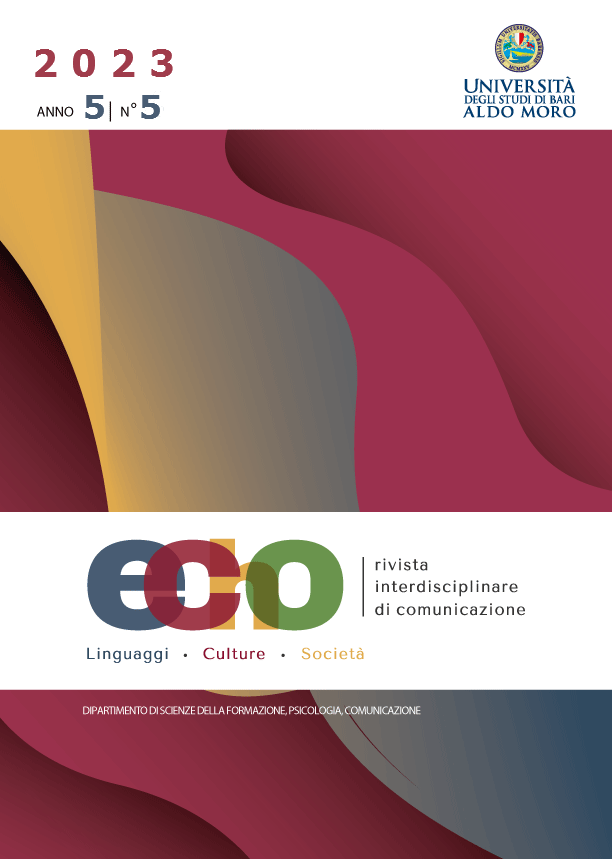Memory and identity in the landscape of Kate Grenville’s The Secret River
DOI:
https://doi.org/10.15162/2704-8659/1877Parole chiave:
Memory, forgetting, belonging, Australian landscape, colonial space, GrenvilleAbstract
The article analyses the spatial dimension and the relationship between landscape, memory and identity in Kate Grenville’s colonial novel The Secret River where the landscape is a space inscribed with signs of violence that are covered by silence and secrets. It will be argued that the space of colonial encounters, the contact zone where Grenville’s Indigenous and European protagonists meet and clash, is not only a place from which memory is intentionally removed in a process of national dis-remembering, but it is also a place in which scars are left on the ground as well as on the minds, in such a way that memory, both individual and historical, cannot be completely suppressed. It will be pointed out how the discriminating treatment and dispossession of Indigenous people by white settlers, the occupation of a territory that is deliriously claimed to belong to nobody (through the legal fiction of terra nullius) and the rise of violent attacks are articulated through the lure of colonial ownership in terms of a space that is occupied and appropriated in an attempt to claim social ransom and racial superiority. In this sense, the colonial space is a place scattered with historical memories that shape a new geography of the landscape. But at the same time, it is also a space in which the memory of places is suppressed into what W.H. Stanner defined “a secret river of blood”, that runs hidden in the womb of history, surrounded by “The Great Australian Silence”. However, in this mutual relationship between places and memory, the topography of violence draws a landscape on which the spatial inscription of the past cannot be completely erased: its signs are indelible and are overwritten like in a palimpsest.Downloads
Pubblicato
2023-12-22
Fascicolo
Sezione
Saggi








